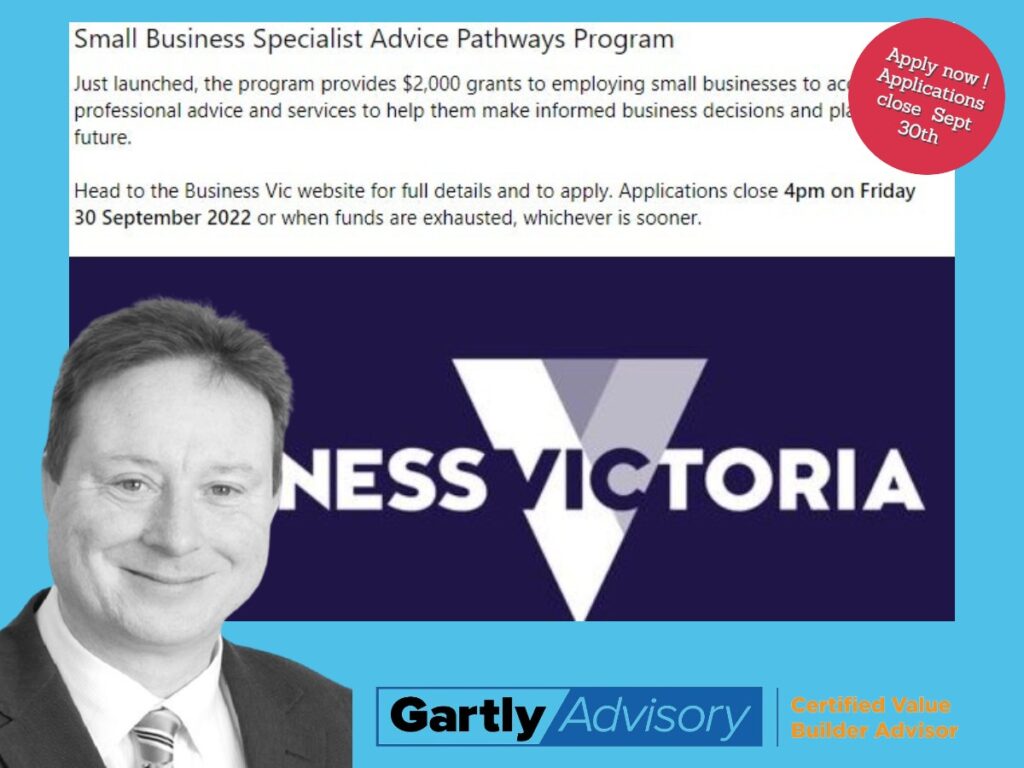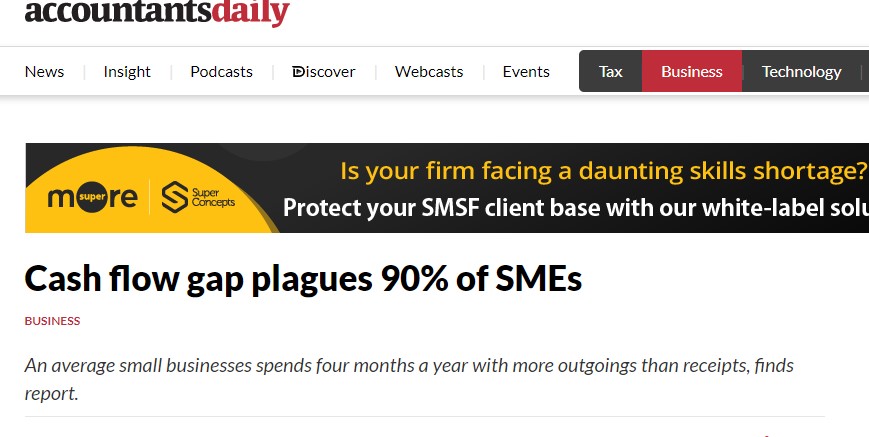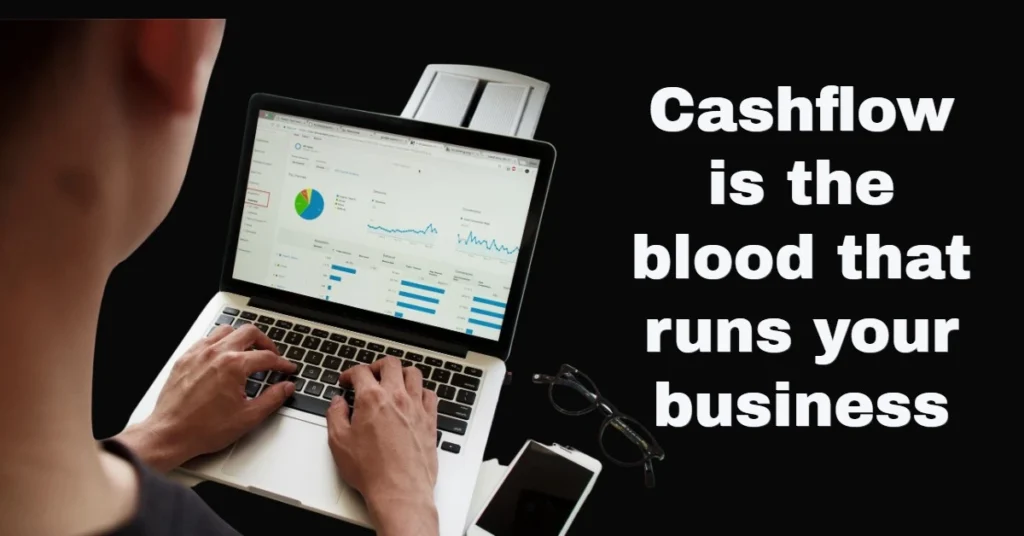SMSF and commercial property is an investment often held by an SMSF and is a good strategy. Is holding your business premises, Factory or shop in an SMSF a good strategy?
Allowing your SMSF to hold your business real property is a fantastic opportunity for the small business owner to isolate its business asset from the main trading company. It also means you can become a long-term tenant of your SMSF.
There are some distinct advantages for both estate planning and long-term protection strategies of your asset in an SMSF. Any property strategy it must be done properly and there are a few items that you need to address before undertaking this measure in your self-managed fund.
SMSF advantages holding business real property
It is the only opportunity that you have under superannuation law to transfer a business real property from yourself into the Fund. Normally it is not possible to transfer property however your business premises is one exception.
Holding your business real property allows your super fund to grow organically and means that instead of paying rent to a landlord you are paying yourself via your SMSF and growing your retirement funds.
It’s a clever way to pay off your assets and at the end of the day when you retire you can then rent the property to others or have your family be part of your SMSF and they take over the asset
Before purchasing the property or transferring the property with a commercial property take time to work through your Funds investment strategy and how the asset will be acquired by your Fund.
How your Fund can acquire property:
Your fund can acquire the property in a number of ways and these include:
1. Establishing a borrowing in relation to the acquisition of the property however needs to be done in connection with using a bare trust arrangement it is essential that we need a separate bare trust from the SMSF assets If you’re borrowing to buy a commercial property, it needs to be under a limited recourse borrowing arrangement (LRBA). involved.
per the CPA – Borrowing – who can lend the SMSF the money?
There are no restrictions on who can provide the finance for the SMSF, meaning it could include any financial institution, a related entity or a member of the fund.
An LRBA is not a regulated financial product. However, as discussed earlier ASIC has stated that an adviser cannot recommend an SMSF trustee invest in property through their SMSF unless the adviser is appropriately licensed under the AFSL regime. Geoff Gartly has an ASFL and can appropriately advise you in this area.
2. If your Fund has sufficient monies, it can buy in your SMSF and commercial property outright
Or we can arrange for additional contributions to be contributed to help ensure there are sufficient funds.
3. The fund can in some circumstances acquire a commercial property in partnership with yourself or others providing there is no borrowing attached.
Arm’s length dealings
Once you have purchased or transferred the property into the Fund, then you must ensure that you put a commercial lease in place. This is important for both external parties or yourself if you’re running to get back to yourself at a market rental. Importantly once in place, you must ensure rental payments are made per the lease agreement. Failure to do so may make the Fund non-complying.
The property holding Strategy
It comes down to strategy when working out if SMSF and commercial property is the right mix.
Often overlooked is the fact that property and improvements can only be done from cash from the Fund and cannot be done from borrowing, and this should be factored in from the outset
Your SMSF Property strategy should include a :
- Vision for the long-term use of the property
- How the Fund will pay any shortfall if monies borrowed
- What happens if the business owner dies
- If your business is sold, do you rent out or sell the property
Any property sold in a retirement strategy may result in low or no tax payable depending upon the strategy adopted.
We recommend you seek proper advice and the information we have provided is of general nature only































